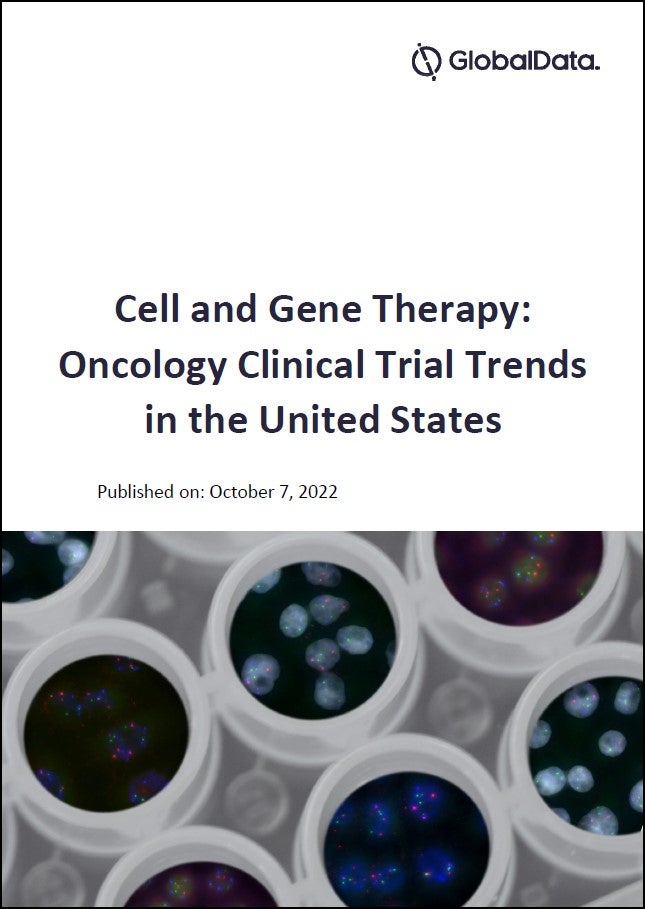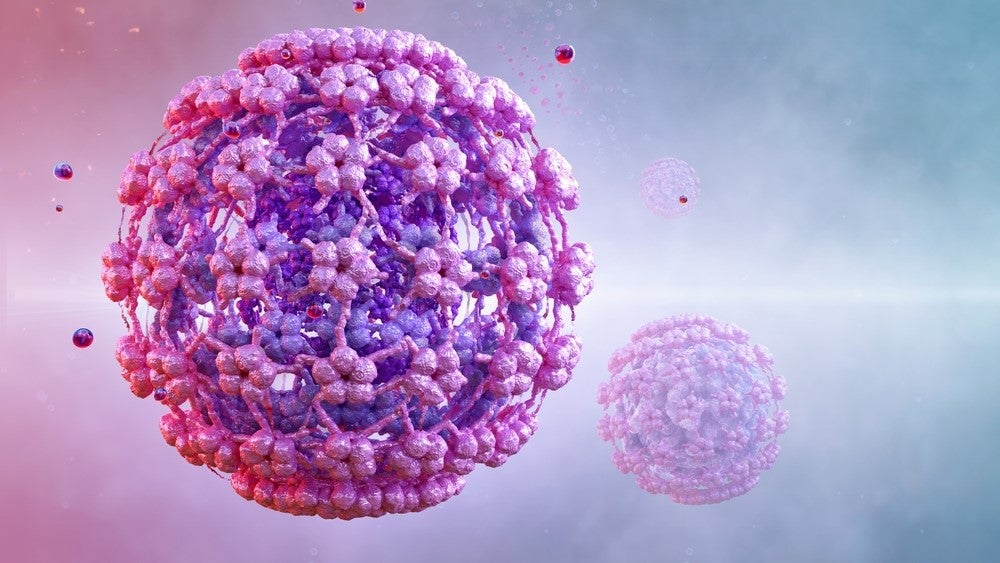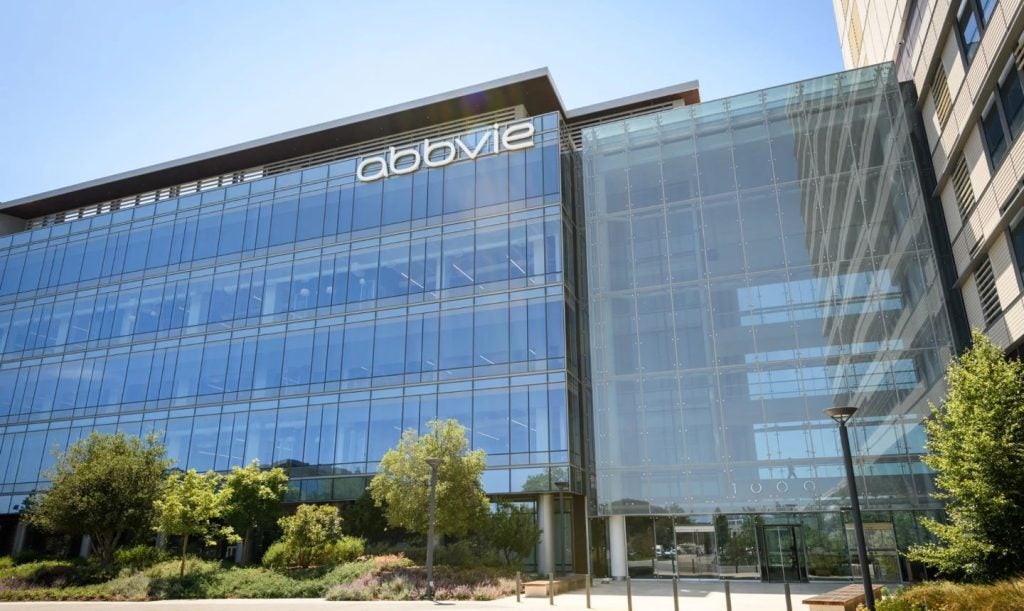
On Aug. 30, 2017, the U.S. Food and Drug Administration (FDA) approved the first chimeric antigen receptor T cell (CAR-T) therapy for Kymriah (tisagenlecleucel). Developed by the Swiss pharmaceutical company Novartis and researchers from the University of Pennsylvania, Kymriah showed high efficacy for the treatment of pediatric acute lymphoblastic leukemia (ALL). With Kymriah, Novartis established a major milestone in the industry as the drug became the first therapy approved by the FDA that was based on gene transfer. As I will further discuss in detail, Kymriah is a one-time immunocellular therapy treatment that uses the patient’s own T cells to fight cancer (1).
To understand the patient’s cancer profile and how best to apply the CAR-T technology, personalized medicine is the vehicle that provides health care professionals with specific information about the patient’s cancer. Driven by new technologies and innovative scientific techniques, such as tumor marker testing, bioinformatics and data analysis, biomarker analysis, and a host of genetic screen tools, personalized medicine is designed to capture a snapshot of the patient’s tumor profile in order to ensure optimal response to therapy.
Kyrmriah Paved the Way for Yescarta
Six weeks after Kymriah received FDA approval, the FDA approved Kite Pharmaceutical’s Yescarta (axicabtagene ciloleucel), a CAR-T therapy for the treatment of large B-cell lymphomas (2). Similar to Kymriah, Yescarta was designed to target CD-19 (Cluster of Differentiation-19), which is a transmembrane protein found on B-cells. CD-19 is involved in B-cell proliferation and differentiation, and more importantly, is overexpressed in cancerous B-cells (2). For a patient diagnosed with diffuse large B-cell lymphoma (DLBCL), the single treatment with Yescarta is similar to Kymriah. Blood is collected from the patient and is sent to a specific specialized lab. In the lab, the patient’s T-cells are isolated from other blood proteins and separated (2).
The receptors on the T-cells are then engineered to express a specialized receptor, a chimeric antigen receptor (CAR), designed to target the patient’s tumor cells. The CARs are then delivered into human cells using a virus delivery system. The transduced cells are grown in media to a desired high number in the lab, at which point, the cells are delivered to the clinic and infused into the patient. In the Novartis-sponsored ELIANA trial for Kymriah, 68 patients were infused and 63 were evaluable for efficacy (1). Data from the trial showed 83 percent (52 of 63) of patients who received treatment with Kymriah achieved complete remission (CR) within three months of the single infusion (1). Kymriah received approval through the FDA’s Regenerative Medicine Advanced Therapy (RMAT) designation.
Gene Therapy Long in the Making
Eight weeks after Yescarta received FDA approval, the FDA approved Spark Therapeutics’ Luxturna (voretigene neparvovec) for the treatment of Biallelic RPE65 Mutation-Associated Retinal Dystrophy. Also known as Inherited Retinopathy Dystrophy (IRD), this disease is a rare congenital eye condition in which a mutation in the RPE65 gene results in a loss of function of the enzyme retinoid isomerohydrolase that promotes visual pigment regeneration in photoreceptor cells (3). Children and young adults affected by the disease experienced symptoms of night blindness and involuntary eye movements, and may also result in peripheral, central or complete vision loss (3).
How well do you really know your competitors?
Access the most comprehensive Company Profiles on the market, powered by GlobalData. Save hours of research. Gain competitive edge.

Thank you!
Your download email will arrive shortly
Not ready to buy yet? Download a free sample
We are confident about the unique quality of our Company Profiles. However, we want you to make the most beneficial decision for your business, so we offer a free sample that you can download by submitting the below form
By GlobalDataUnlike Kymriah and Yescarta, Luxturna is not a CAR-T. For a patient diagnosed with IRD, the single treatment with Luxturna consists of administering a neutralized virus (adeno-associated virus AAV) as a vector to carry a functional RPE65 gene into the affected eye tissue. This enables the cellular tissues in the eye, previously affected by the RPE65 gene mutation, to now produce the proteins for the enzyme retinoid isomerohydrolase, resulting in a gain of function of enzymatic activity in the photoreceptor cells (3).
The arrival of gene therapy has been decades in development. This has been made possible through continuing research and collaborations between research scientists and physicians in academic centers, in industry discovery laboratories, and with government agencies, such as the National Institute of Health and the National Cancer Institute. The ground-breaking events of 2017, beginning with Kymriah as the first gene therapy to be approved by the FDA, and the subsequent FDA approvals of the Yescarta and Luxturna gene therapy treatment regimens, signals a new era of how cancer patients will be treated in the clinic.
Ensuring Transparency and Alignment
Personalized medicine is the compendium of specific information about a patient, from collecting their medical history, to collecting their blood and tumor biopsy specimens, to collecting their DNA profile, with the overall intent of treating the patient’s disease with a specific mode of therapy. An example is next-generation sequencing, that will allow doctors to order genome screening of their patients and have data available in a matter of days. CRISPR technology and new gene editing techniques will play a significant role in increasing drug efficacy of gene therapy models. Bioinformatics of the patient’s genetic data will provide trends and risk/benefit analysis of the patient’s treatment assessment.
Additionally, biomarker analysis of a cancer patient’s tumor will deliver in-depth profiles of how to treat the patient’s disease, and furthermore, provide avenues for health care providers to ensure low risk of relapse. And most importantly, the digital health platform being instituted in clinical trials across the industry for new gene therapies, will ensure transparency and alignment of robust data submissions to regulatory agencies. Support for the primary and secondary overall response rate and projected outcomes in the study design will be scrutinized under the FDA’s RMAT designation, otherwise known as the FDA’s fast track accelerated approval designation, designed to drive these specialized therapies to market and provide additional treatment options for cancer patients.
Keleni Micheal Tukia, M.D.
Senior Manager
References:
1) “Novartis receives first ever FDA approval for a CAR-T cell therapy, Kymriah(TM) (CTL019), for children and young adults with B-cell ALL that is refractory or has relapsed at least twice.” October 30, 2017, Available at: https://www.novartis.com/news/media-releases/novartis-receives-first-ever-fda-approval-car-t-cell-therapy-kymriahtm-ctl019
2) “With FDA Approval for Advanced Lymphoma, Second CAR T-Cell Therapy Moves to the Clinic.” October 25, 2017, Available at: https://www.cancer.gov/news-events/cancer-currents-blog/2017/yescarta-fda-lymphoma
3) “FDA approves Spark Therapeutics’ retinal disease gene therapy Luxturna, a month ahead of schedule.” December 21, 2017, Available at: https://biopharmconsortium.com/2017/12/21/fda-approves-spark-therapeutics-retinal-disease-gene-therapy-luxturna-a-month-ahead-of-schedule/









Related Company Profiles
Bristol-Myers Squibb Co
Novartis AG
Spark Therapeutics Inc